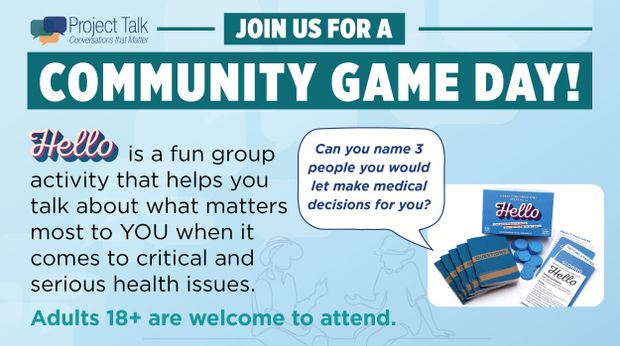There’s a pill for everything these days. I even saw one that can make your poo glittery. Because who doesn’t need glittery poo? When it comes to mental health, medication has become a standard treatment option for many people. Research shows that for emotional symptoms, including depression, anxiety, and ADHD, a combination of medication and therapy is often the best form of treatment. But when should you or your child try medication? Are there other things you should try first? How does anyone even make that decision? Is there a pill for that?
The following is a list of factors to keep in mind as you navigate this potentially overwhelming decision.
When is medication a good idea?
- If your symptoms are interfering with your ability to function (i.e. go to work, raise kids, be successful in school, etc.)
- When therapy and appropriate self-care (adequate nutrition, quality sleep, regular exercise, etc.) aren’t working
- If your doctor recommends medication
- When symptoms are long-lasting or continuing to worsen despite other efforts
- If your symptoms are side effects of other medications or medical conditions that are unlikely to get better without help
- If you are facing a very difficult and chronic life stressor that is probably not going to improve in the foreseeable future
- If symptoms or behaviors are resulting in safety issues, low self-esteem, or significant social problems
When should you hold off or avoid meds?
- If you’ve just started medication for another condition because it will be difficult to determine which medication is causing what impact
- If behaviors/symptoms are only experienced in one setting (home, work, school) and not in others as this would suggest a problem in that setting needs to be addressed first
- If your symptoms are related to a specific situation, it is wise to first try to address that as no medication can change your circumstances
- Immediately following a major stressor or change
(Note: You are supposed to feel bad when bad things happen – I know, I don’t like it either – and taking medication as a first response can impair your ability to cope with and process what happened. That’s not to say that medication wouldn’t be helpful but try other things first or talk with your doctor about the pros and cons)
What to expect when starting a medication for behavior or mood?
- Most medications don’t start working right away and depending on your prescription and dose, you might not experience the intended benefits for a month or more
- Medications should not eliminate all feelings; feeling “numb” is not the goal
- Follow your doctor’s recommendation but it’s generally wise to start with low doses and one medication at a time so that you can better monitor the impact of that medication
- Some medications are to be taken as needed but most need to be taken daily, often at the same time each day; read your labels
What are the risks of taking psychotropic medications?
- Even though the goal is to make you feel better, some psychotropic medications can make symptoms worse or cause new ones to develop
- Inconsistently taken medication can cause an increase in symptoms or new symptoms
- Do not suddenly stop taking your medication as this can be dangerous with some medications; if you wish to stop taking a medication, contact your doctor for assistance
- Some medications can cause vivid or scary dreams and/or changes in your sleep cycle; check with your doctor if you notice troubling changes in your sleep
- Many psychotropic medications do not mix well with alcohol and can enhance the effect of alcohol and/or cause serious health issues; read your labels closely
- Children and teens face a higher risk of suicidal ideation and worsening depression on some medications; be sure to discuss these risks with your child’s doctor and report any changes or concerns
Contact your doctor right away if:
- You (or your child) start to have new or worsening suicidal thoughts or aggression
- You do not experience any positive benefits after an appropriate amount of time
- You experience severe side effects that interfere with your ability to function
- You have trouble remembering to taking your medication on a regular basis
- You are thinking about discontinuing your medication
Meds aren’t always an easy fix, but in combination with therapy and/or appropriate self-care, they can be an effective tool to help you manage and reduce mental health symptoms.
Remember, it’s okay to struggle. Life is supposed to be hard sometimes. A lot of the time, actually. But it’s also okay to ask for help, whatever that might look like for you.
Thanks for reading!
Nikki
Health Topics:







